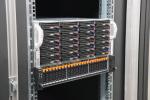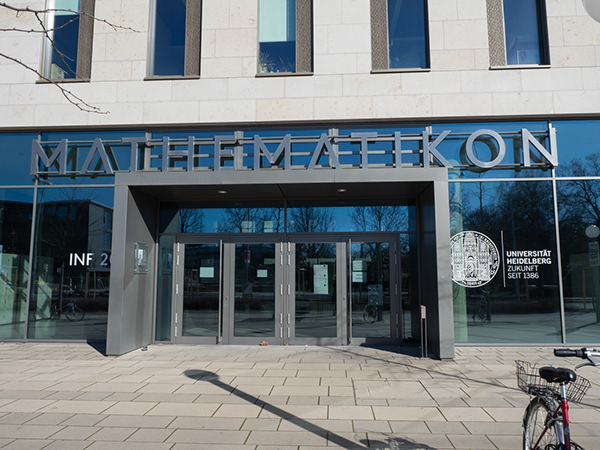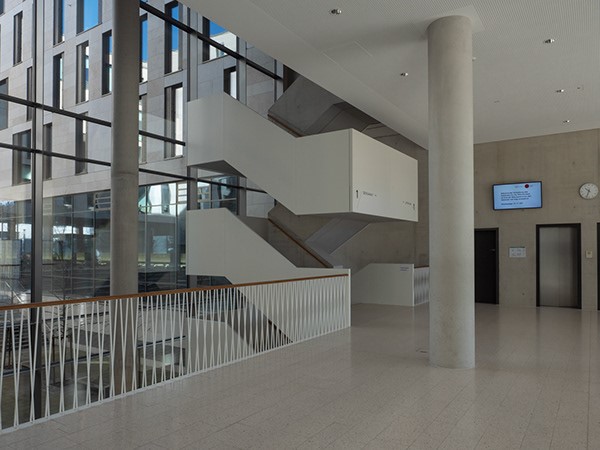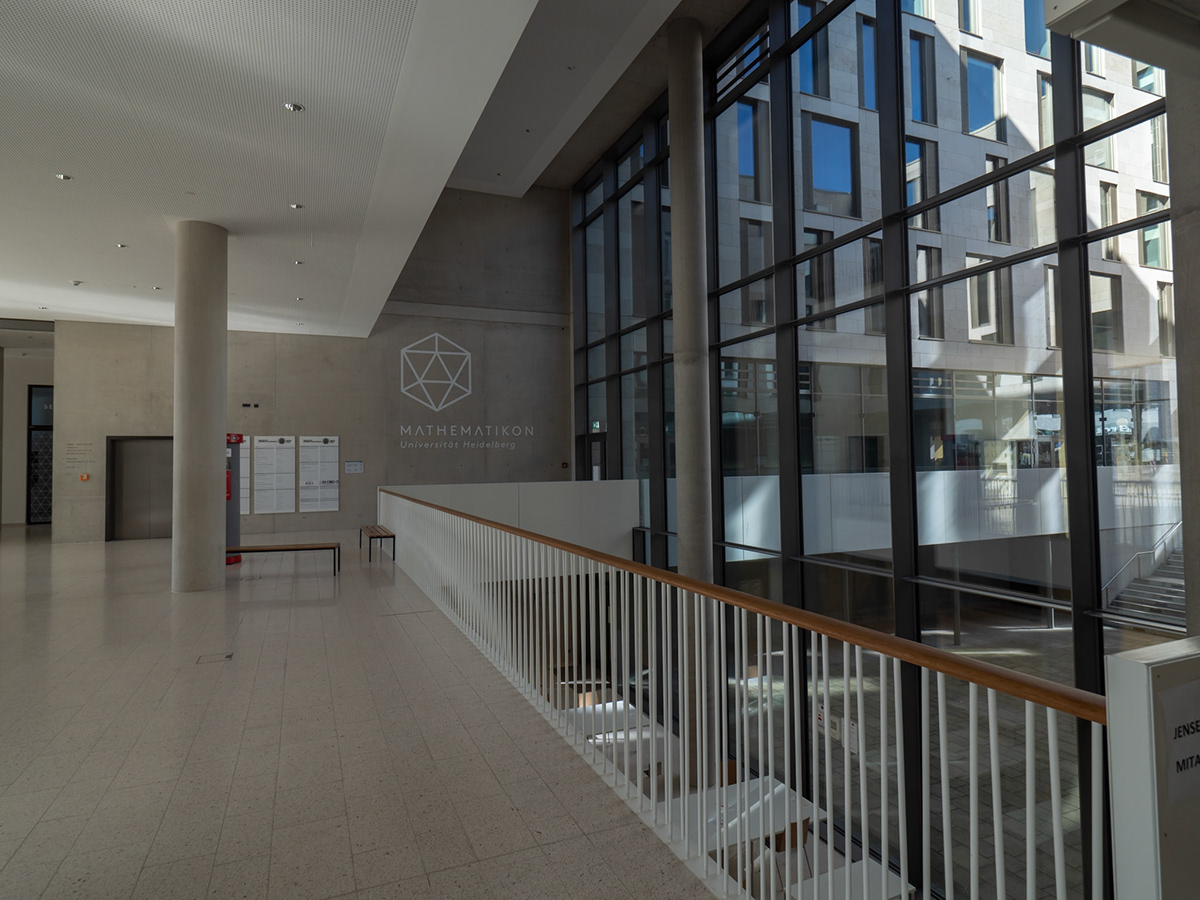
Software Systems and Engineering
In Heidelberg, we focus on the qualities IT-security, reliability, maintainability and usability. For IT-security we develop methods for modelling and evaluation of attacks in order to develop countermeasures, in particular security models, cryptography, access measures, digital identities, penetration tests. For maintainability and usability, we develop methods for requirements engineering and rationale management to ensure high-quality software engineering processes over the whole product-lifecycle. Furthermore, we focus on parallel and distributed systems in terms of scalable data analysis, AI-based methods for programming support, and software reliability.
Current Activities and Projects
- ConDec: The ConDec tools support the continuous management of decision knowledge. They provide features and views for documenting and exploiting decision knowledge in the context of software artifacts, in particular requirements and code, and integrate into the workflows of agile software development.
- SmartAge: This interdisciplinary project equips 1000 older adults with hard- and software to support quality of life and studies their effects. In particular, we study how to elicit, analyze and exploit implicit and explicit user feedback.
- NLDSL: The NLDSL project addresses accelerated implementation of Domain Specific Languages (DSLs), in particular for scalable data analysis. An exemplary result is a Visual Studio Code extension which supports 5000+ users worldwide with DSLs for simplified programming with Pandas, Apache Spark, or Tensorflow.
Research Group Leaders
Institute for Computer Science
Artificial Intelligence for Programming; Scalable Data Analysis; Reliability of Software Systems

Interdisciplinary Center for Scientific Computing (IWR)
Uncertainty quantification, data intensive computing, medical engineering

Institute for Computer Science
Rationale Management, Requirements Engineering







